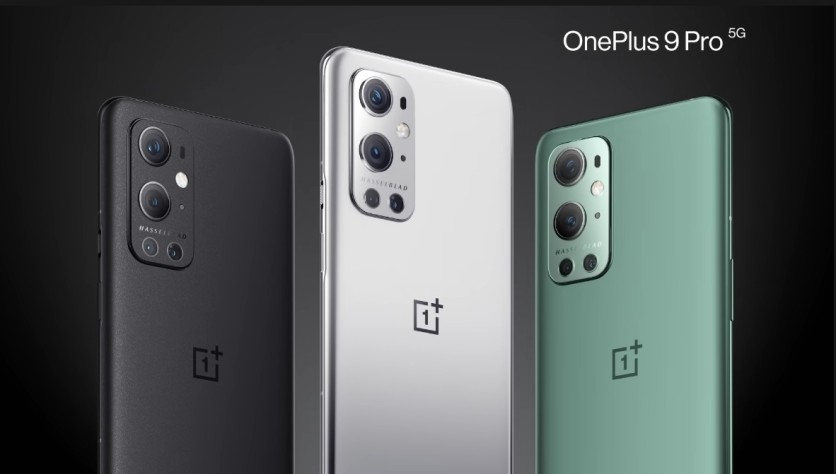
One Plus 9 and One Plus 9 Pro is exhibiting odd behavior when tested at benchmarks with surprisingly low scores as experts uncover the surprising truth.
Throttling Hard
Gadgets usually throttle their performance when it encounters intensive apps or processes to be able to use more of the gadgets systems. It surprised users to know that the OnePlus 9 Pro, considered its flagship phone, had to throttle hard on popular apps and benchmark apps.
XDA Developers made a review for the OnePlus 9 Pro using a benchmark in Google Chrome called JetStream 2 with a low score of 20.955 compared to ZenFone 8's 97.346. The OnePlus 9 Pro is running a Snapdragon 888 and yet, it performs worse than other devices that use the same chip.
Another test that AnandTech did discovered that the phone is purposely disabling the Cortex-X1 core when the benchmarks were tested. The Cortex-A78 cores are being heavily throttled while the Cortex-A55 is being completely left out, which resulted in the flagship phone's very low scores.
Read More : OPPO to Flaunt OnePlus, Find X Series as Its Flagship Line, Leak Says -- Oxygen OS, Color OS Merge
Further Investigation
AnandTech: OnePlus
A lot of OEMs also develop and use a similar service and OS framework to control the device's performance.
What is interesting is that there are a lot of popular apps that seem to be blacklisted. Testers identified that Facebook, Instagram, Twitter, Snapchat, WhatsApp, Zoom, Microsoft Office apps, YouTube, Google Chrome, Firefox, and Samsung Internet are affected. More apps are also affected but were not specified anymore.
Another interesting fact is that even OnePlus' first-party apps are also affected by the heavy throttling. The silver lining here is that popular games like "Genshin Impact" seem to be working just fine. Games seem to be able to use all of the capacity of the phone as compared to apps.
The Aftermath
OnePlus' flagship phone intentionally hinders its performance for some apps and manipulates certain apps on a kernel level.
The effect is that the apps are unable to utilize the high-performance the X1 core has, rather, limiting it down to using the Cortex-A78 cores instead.
Even when the X-1 core is used, the clock speeds are dialed down under 2.3 GHz. As for the popular apps, the tests showed that there is a 20% drop in their performance compared to what the typical Snapdragon 888 phones usually get.
The reason for it all? The verdict shows that it's because it's all in the name of efficiency. Many believe that OnePlus is cutting down on power to limit CPU performance. The decision is counter-intuitive as it boasts the Snapdragon 888 processor but does not let its users experience the full effects the chip can do.
Geekbench has since then delisted the OnePlus 9 and the OnePlus 9 Pro off its database leaving with a tweet to address the masses.
It's disappointing to see OnePlus handsets making performance decisions based on application identifiers rather than application behavior. We view this as a form of benchmark manipulation. We've delisted the OnePlus 9 and OnePlus 9 Pro from our Android Benchmark chart.
This article is owned by Tech Times
Written by Alec G.




